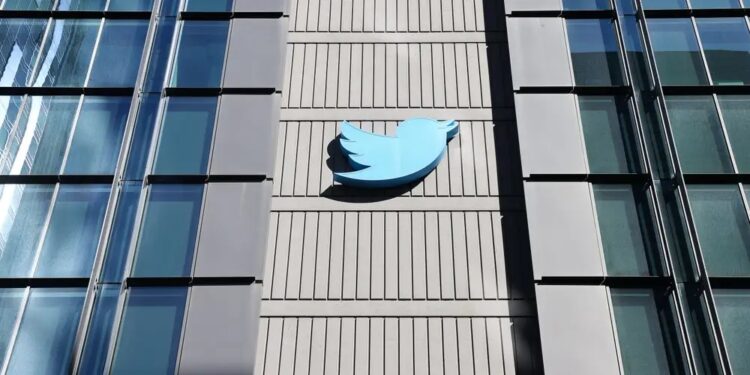Twitter’s decision to throttle stories about Hunter Biden’s laptop prompted bipartisan criticism.
Though the laptop was authenticated, some reports about its content have not been confirmed.
Some lawmakers have since called to repeal Section 230, a law “that created the internet.”
Newly published internal communications regarding Twitter’s decision to throttle a New York Post story about Hunter Biden’s laptop in late 2020 revealed the social platform fielded widespread bipartisan criticism over its decision. The criticism has since intensified a movement to repeal Section 230, which could change the Internet forever.
Matt Taibbi, who writes the Substack newsletter “TK News,” on Friday posted a thread of tweets he titled “The Twitter Files” that included screenshots of internal correspondence about the social platform’s content moderation system. In a note to his readers on Substack, Taibbi wrote he had to “agree to certain conditions” in order to publish the files, though he did not reveal what those conditions were.
When reached via phone, Taibbi declined to comment to Insider.
Much of Taibbi’s thread focused on Twitter’s handling of the New York Post’s October 2020 story about Hunter Biden’s laptop, which the Post reported was left in a Delaware repair shop. Early reports about the laptop were met with scepticism by social media platforms — which faced heavy criticism about content moderation following the 2016 controversy regarding then-candidate Hillary Clinton’s emails — and warnings from law enforcement about disinformation campaigns spread through social apps.
Elon Musk and their representatives for Twitter did not immediately respond to Insider’s requests for comment.
Meta CEO Mark Zuckerberg himself confirmed in an August interview with Joe Rogan that his platforms suppressed reporting on Hunter Biden’s laptop prior to the 2020 election, saying it “fit the pattern” of misinformation Facebook had been advised by the FBI to look out for. Though the laptop and some of its contents have since been authenticated as belonging to Biden, some reports about its content have not been confirmed.
The documents published by Taibbi focused on internal discussions among Twitter staff regarding the laptop story and the ultimate decision to slow its reach across the platform and label it using the platform’s “hacked materials” policy. At the time, the veracity of the reporting was under question and it was unclear whether the material reported to be on the laptop had been legally obtained, though critics were quick to question why Twitter had chosen to throttle the material.
“I say this as a total Biden partisan and convinced he didn’t do anything wrong,” Taibbi reported Rep. Ro Khanna wrote in an email to the head of Twitter’s legal department, Vijaya Gadde, at the time. “But the story now has become more about censorship than relatively innocuous emails and it’s become a bigger deal than it would have been. It is also now leading to serious efforts to curtail section 230 — many of which would have been a mistake.”
Section 230 is a clause in the Communications Decency Act of 1996, which its advocates have called “the most important law protecting internet speech.” The 26-word phrase “that created the internet” limits legal liability for tech platforms hosting user-generated content — that is, in other words, a social media platform like Twitter cannot be held legally responsible for any illegal content posted by its users.
The section says: “No provider or user of an interactive computer service shall be treated as the publisher or speaker of any information provided by another information content provider.” Tech companies view a potential reversal as a threat to free speech that would force small web hosts to close their sites or risk legal liability for what their users posts.
Representatives for Khanna did not answer questions about the congressman’s current position on whether or not to repeal Section 230.
“I believe our Constitution and First Amendment are sacred,” Rep. Khanna of California said in a statement emailed to Insider. “As the congressman who represents Silicon Valley, I felt Twitter’s actions were a violation of First Amendment principles so I raised those concerns. Our democracy can only thrive if we are open to a marketplace of ideas and engaging with people with whom we disagree.”
Source: I N S I D E R




Recent Comments